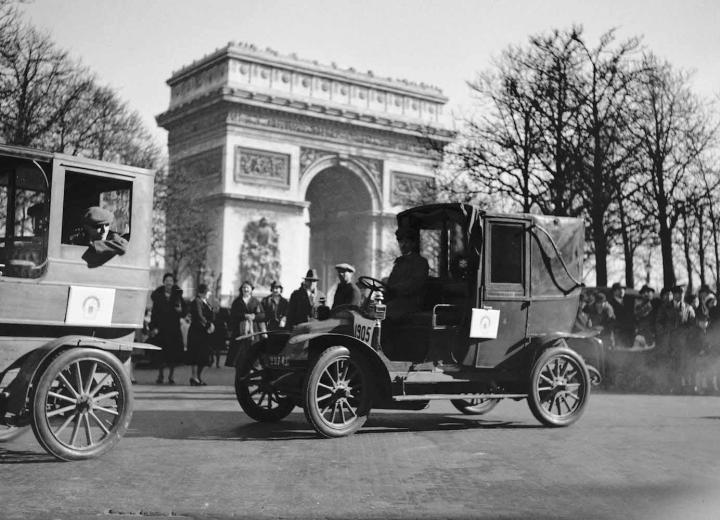
Starting this Summer, strict restrictions will roll out, first preventing buses and commercial trucks older than 2001 from central Paris, tightening the restrictions more and more until 2020. After that, no private car registered before 2011 or motorcycle registered before 2015 will be allowed to travel in that area. And, cars built before 1997 will be banned starting next year.
According to AutoCar, pro-driver campaign groups have already made demonstrations against the legislation, with more said to follow. They guess that as many as three million cars would end up scrapped as a result of the bans. Romantically, it means fantasies of cruising Paris in a vintage Citroën DS will be a bucket list entry that’ll need to be crossed off soon. Realistically, it’ll affect businesses and citizens who may rely on whatever old car or truck they could afford.
The benefits of the plan clearly include a reduction of pollution and congestion, but other benefits could be a potential boost in the French automobile market, as Parisians scramble to replace their old cars with vehicles that meet the registration requirements. This may lead to the French government offering some sort of incentive program, like their own version of “cash for clunkers,” although it’ll probably sound much more elegant.
This is hardly the first time something like this has been suggested as previous mayors have attempted similar prohibitions in the past, but this is the first that went so far to be passed. There’s a chance that the opposition will influence the law in down the line, but for the foreseeable future, it looks like there will be way more Renault Twizys running around.


